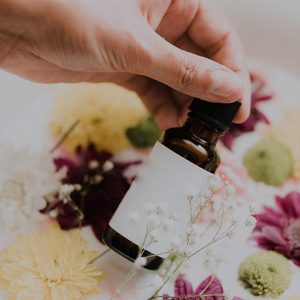Hair fall can be a common concern for teenagers and can be caused by various factors including genetics, stress, and environmental factors. While hair fall is a normal part of the hair growth cycle, excessive hair fall can be distressing. However, there are natural remedies and lifestyle changes that can help reduce hair fall in teens.
One of the most important ways to promote healthy hair growth is through maintaining a nutritious diet. A balanced diet including proteins, vitamins, and minerals can nourish hair follicles and promote healthy hair growth. Additionally, practicing good hair care by avoiding harsh chemicals and hot styling tools can help protect and strengthen hair. Washing your hair regularly with a gentle, sulfate-free shampoo can also help maintain healthy hair.

Stress and anxiety can also be contributing factors to hair loss, so reducing stress through relaxation techniques such as yoga and meditation can help promote hair growth. Adequate sleep is also important as the body needs sufficient rest to regenerate and repair hair cells. Massaging your scalp can increase blood flow to the hair follicles and promote hair growth. Using natural hair masks can also help nourish and strengthen hair.
It’s important to note that hair fall is a normal and natural part of the hair growth cycle. However, excessive hair fall may indicate an underlying medical condition. Androgenic alopecia, for example, is a hereditary condition that can result in hair loss. While it is difficult to predict when this will occur, it is important to consult a healthcare professional if you experience excessive hair fall.
To assess hair loss, it is recommended to examine the hair in your temporal areas (corners) under bright light. Some individuals may experience miniaturization, where the hair thins over time until it disappears. While some surgical and non-surgical options are available to mitigate the progressive nature of hair loss, visiting a dermatologist or hair transplant specialist should be considered to explore the options available.
In summary, maintaining a healthy lifestyle, practicing good hair care, and consulting a healthcare professional if experiencing excessive hair fall are important steps in promoting healthy hair growth and mitigating hair loss.








